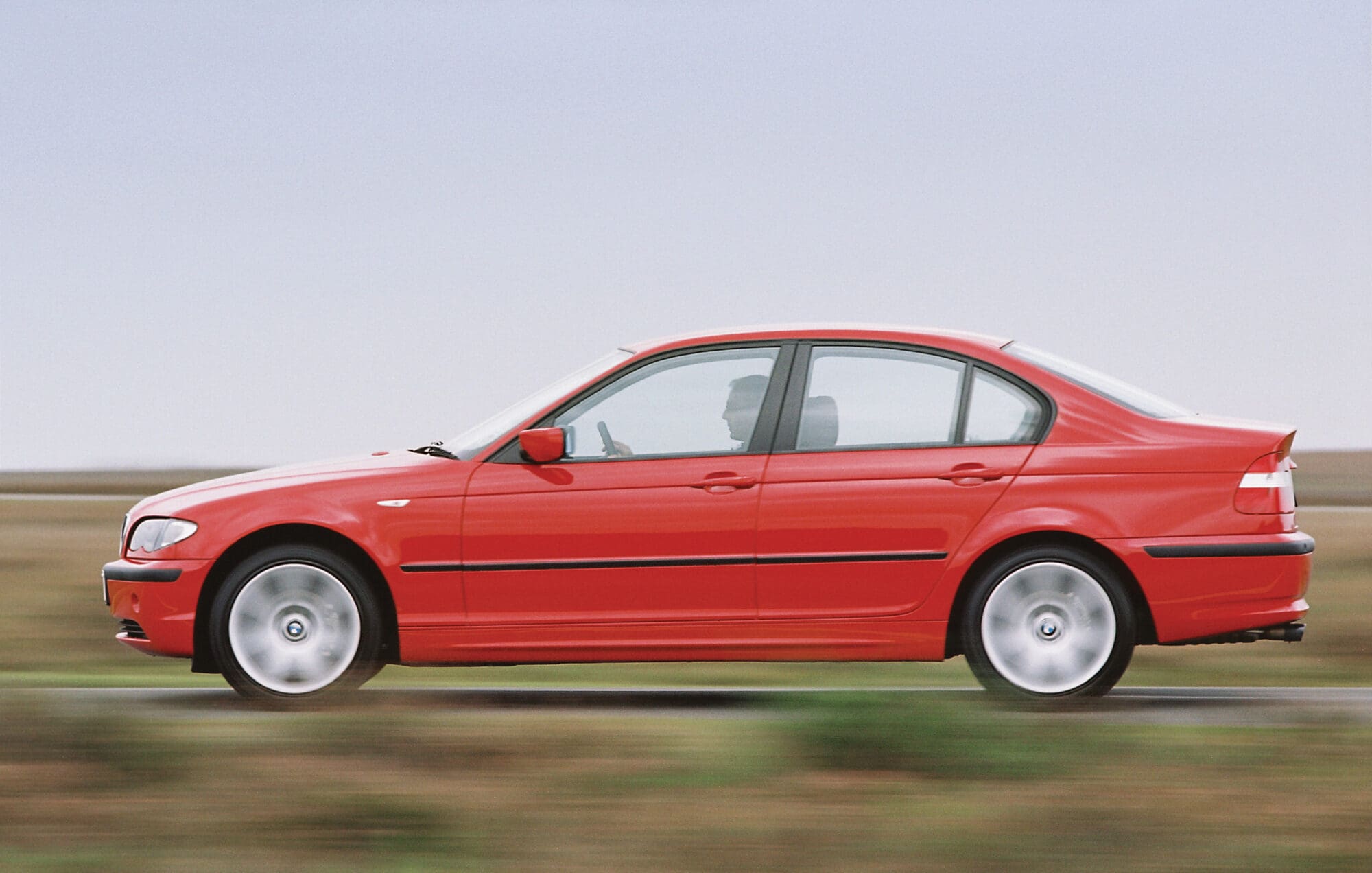
Perhaps it’s rather too fashionable to moan about motoring today, its costs and its annoyances, and maybe some of it is a result of the present circumstances, without mentioning the dreaded C-word. But it’s difficult not to feel hard done by at times, and one of those instances came up recently when it was time to renew the road tax (Sorry, Vehicle Excise Duty!) on my wife’s splendid 2003 registered BMW 318i automatic. As well as the car pleasing us both (I do quite often drive it), it’s surely also pleasing to planet Earth that we haven’t fancied something more modern, and created the inevitable domino effect that means that another new car is manufactured, with the accompanying significant carbon footprint! Our first car is diesel powered, of course!
Anyway, the dear old Beemer’s CO2 figure that determines the road tax figure is 196g/km, and it means the annual VED cost is a substantial £305. Now that 196g/km is an old NEDC value, and we all know how unrealistic they were, and how unattainable the parallel mpg figures were, don’t we? Well, our dear old BMW averages 36 to 38mpg in its usual pattern of usage, whilst those “unbeatable” official figures of 2003 equate to 34.9mpg. I have no idea whether, back then, BMW were pessimistic with their declared mpg figures, which would surely be unusual, and I’m taking the on-board computer figure to be fairly accurate, as a BMW should be. To be fair, the official Extra Urban figure that I discovered on checking historical data is, for this 2.0 litre petrol automatic, an amazing 44.8mpg, and most of our mileage is covered on the open road, so that helps, as does the car’s drag co-efficient (Cd) of 0.30, which compares well with many more slippery-looking cars.
But, to get to the point, the car has now clocked up some 75,000 miles, and in more recent times the annual mileage rarely exceeds 2,000 miles. So it costs 15p a mile for Vehicle Excise Duty, and around 14p a mile for fuel, of which 10p is unbelievably tax. The annual MOT and routine servicing and MOT costs around £90. So, without any exceptional items, like the air conditioning compressor (£600 odd, with fitting) that two years ago nearly sent the Beemer to an early grave, with servicing, insurance and even with zero depreciation, amounts to around 45p per mile, and more than half of that (25p) goes direct to the government. That seems a bit unfair!
What we should all really worry about though is what will replace taxation of fossil fuel when the diminishing tax income due to “going electric” becomes a critical issue. It will demand a serious correction to taxation to balance the books for some unlucky Chancellor, and the results could be very significant for motorists. Road Charging is one popular suggestion, and, like smart meters, it will probably work automatically, as you drive past roadside sensors that click up your charges. Or perhaps even be recorded in your car’s ECU as you drive, remotely read, and then probably taken immediately from your credit card, when that will probably be the only available method of payment.
That would be fine by us, with the BMW’s low mileage, if the annual taxation went, but seemingly road charging costs could hit as much as 10p a mile, which would really take the edge off the present low domestic electricity costs for charging electric vehicles. At 18p per kilowatt hour, the “fuel” cost is typically under 5p per mile, so 10p a mile on top would triple mileage costs for electric motoring. Mind you, that pales into insignificance compared with the easily overlooked matter of depreciation, as one PCP deal slides effortlessly into the next. If the effective price of the very cheapest EV today is around £21,000, and it halves in value over three years and 21,000 miles, the depreciation alone is going to reach 50p per mile. But maybe people will, by then, be keeping electric cars longer than we usually do now? Surely electric cars will last longer without all those heavy bits of metal – like pistons – going up and down hundreds of times every second? It might make sense, but it might kill the motor industry worldwide, if people take to public transport again when things get back to normal, and if the switch to cycling continues. There’s certainly plenty to dwell upon!
© Motorworld Media 2023
Registered Office: 4 Capricorn Centre, Cranes Farm Road, Basildon, Essex. SS14 3JJ
Company Number: 8818356
Website designed by Steve Dawson